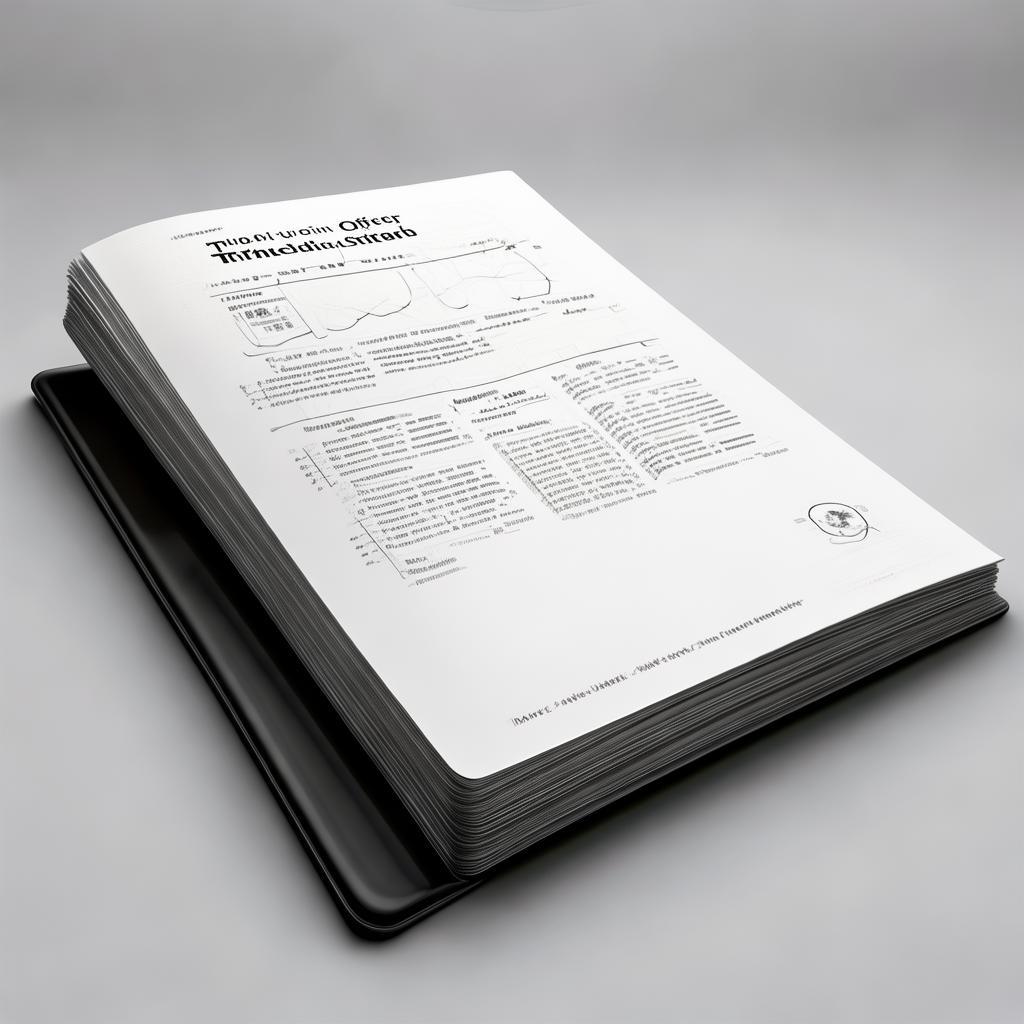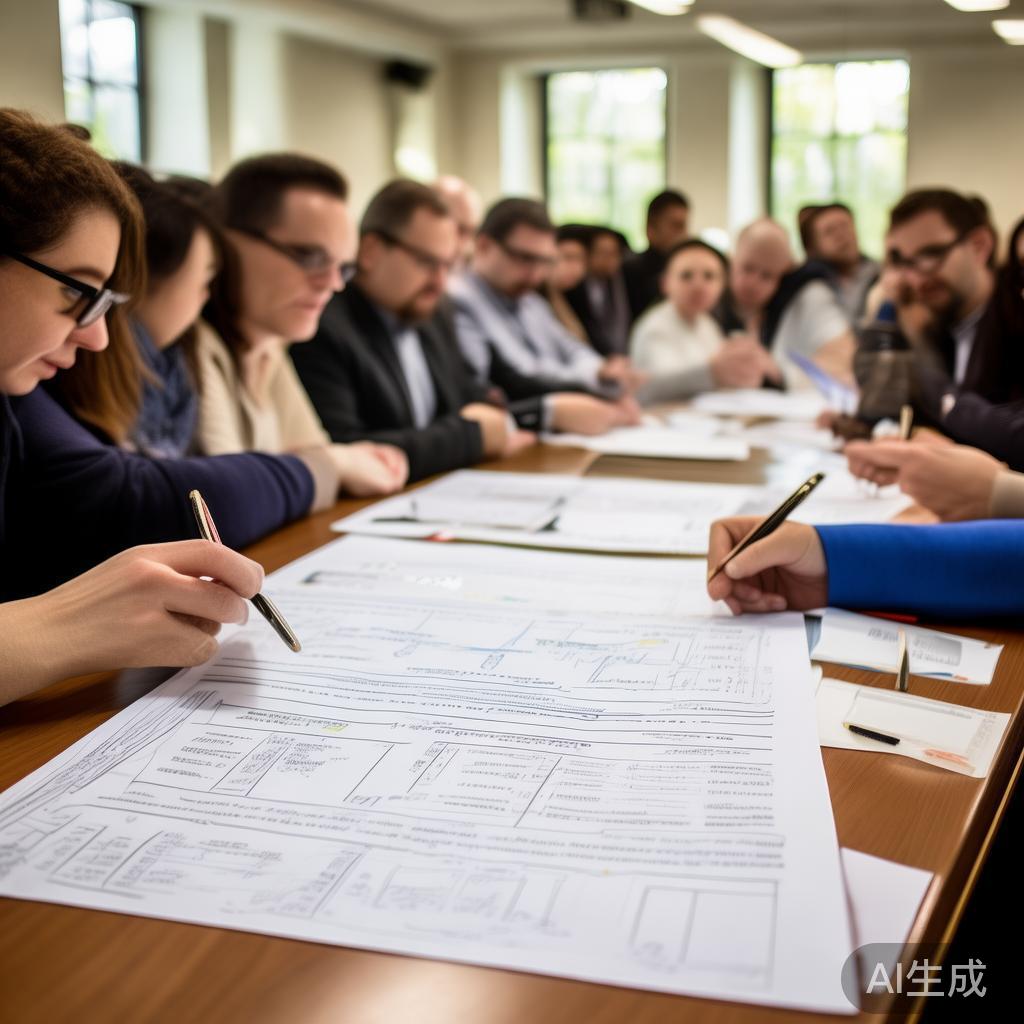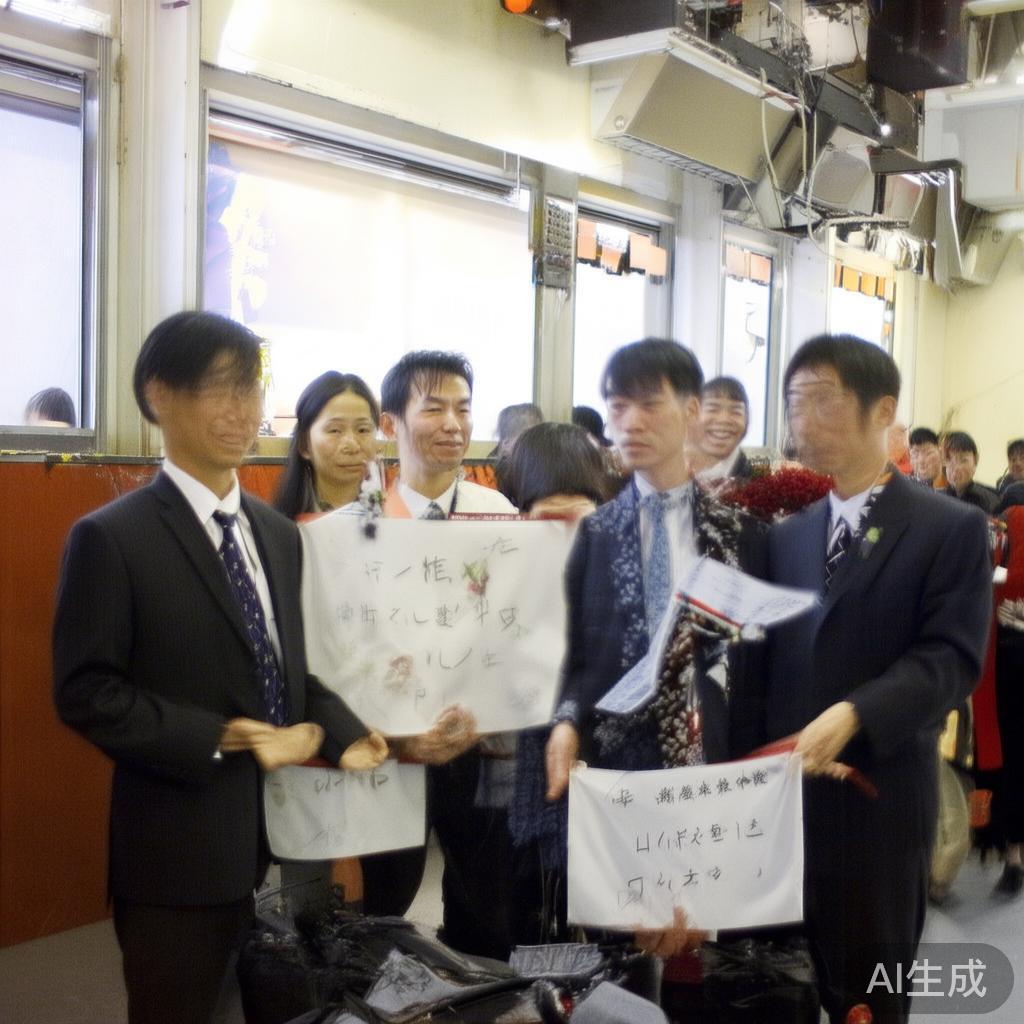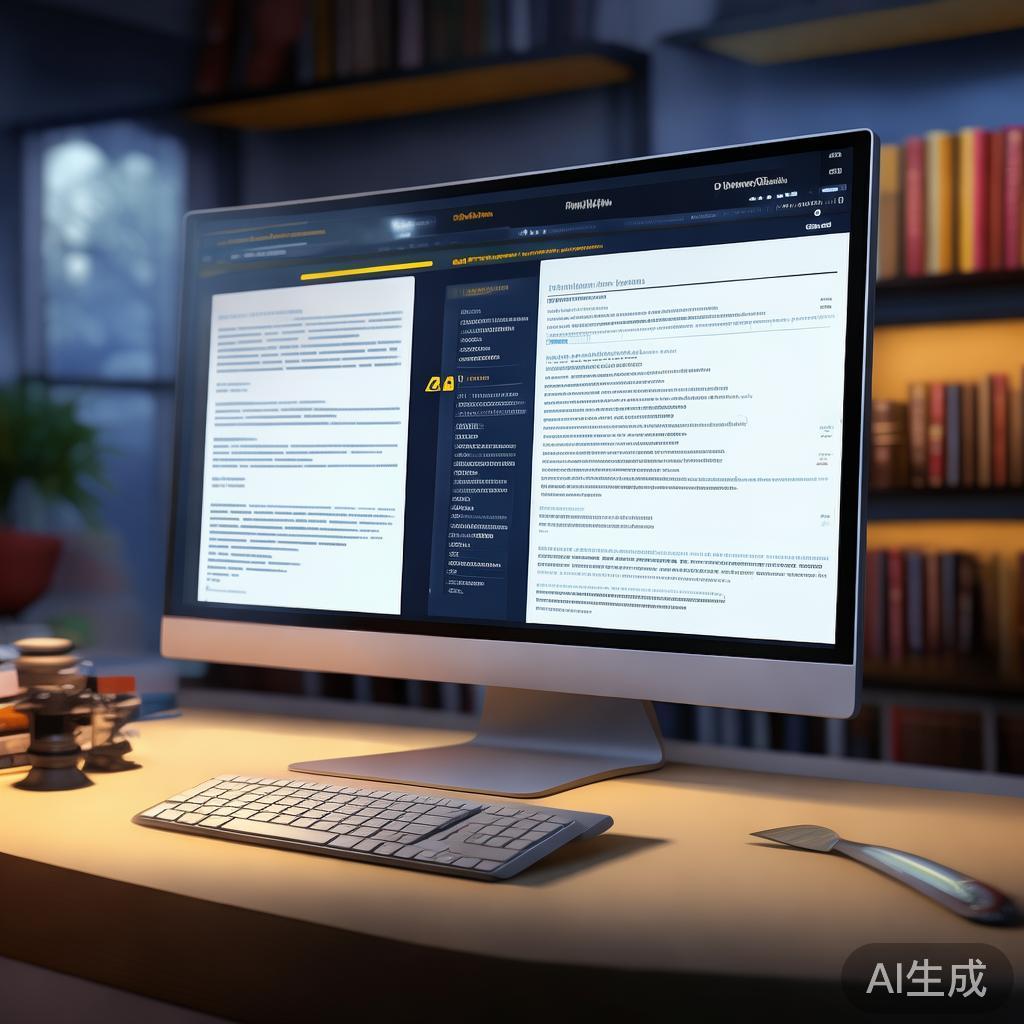有道翻译官技术标准双语对照方案
本文旨在提供“有道翻译官技术标准双语对照方案”,详细阐述有道翻译官的核心技术标准,并提供中英双语对照,方便技术人员、翻译人员以及对有道翻译官技术感兴趣的读者理解和参考。文章将涵盖词汇、语法、语义理解、机器翻译模型等多个关键领域。
有道翻译官作为一款领先的翻译工具,其背后蕴含着复杂的技术体系。为了更好地理解和应用这些技术,我们特此提供“有道翻译官技术标准双语对照方案”,以便于技术人员、翻译人员和对有道翻译官技术感兴趣的读者参考。
1. 词汇标准 (Vocabulary Standards)
有道翻译官在词汇处理上有一套严格的标准,确保翻译质量和流畅性。以下是部分核心标准:
- 词汇覆盖率 (Vocabulary Coverage): 有道翻译官词汇库必须覆盖广泛的领域,包括但不限于日常用语、专业术语等。 (The vocabulary database of Youdao Translator must cover a wide range of fields, including but not limited to daily expressions and professional terms.)
- 词义消歧 (Word Sense Disambiguation): 针对多义词,有道翻译官需准确判断上下文,选择正确的词义进行翻译。 (For polysemous words, Youdao Translator needs to accurately determine the context and choose the correct word sense for translation.)
- 词汇更新 (Vocabulary Updates): 定期更新词汇库,增加新词、流行语,以适应语言的快速发展。 (Regularly update the vocabulary database, adding new words and slang to keep pace with the rapid development of language.)
2. 语法标准 (Grammar Standards)
语法是翻译的基础,有道翻译官在语法方面遵循以下标准:
- 语法正确性 (Grammatical Correctness): 翻译结果必须符合目标语言的语法规则。 (Translation results must conform to the grammatical rules of the target language.)
- 句法分析 (Syntactic Analysis): 能够准确分析源语言的句子结构,为翻译提供依据。 (Ability to accurately analyze the sentence structure of the source language, providing a basis for translation.)
- 语态转换 (Voice Conversion): 在必要时,进行语态转换,使翻译结果更自然。 (When necessary, perform voice conversion to make the translation results more natural.)
3. 语义理解标准 (Semantic Understanding Standards)
语义理解是机器翻译的核心,有道翻译官在语义理解方面有以下标准:
- 上下文理解 (Contextual Understanding): 能够理解句子之间的上下文关系,确保翻译的连贯性。 (Ability to understand the contextual relationships between sentences, ensuring the coherence of the translation.)
- 指代消解 (Anaphora Resolution): 准确识别代词所指代的词语。 (Accurately identify the words referred to by pronouns.)
- 隐含信息提取 (Implicit Information Extraction): 从文本中提取隐含信息,并在翻译中体现。 (Extract implicit information from the text and reflect it in the translation.)
4. 机器翻译模型 (Machine Translation Models)
有道翻译官采用先进的机器翻译模型,以下是关键标准:
- 神经机器翻译 (Neural Machine Translation – NMT): 基于神经网络的模型,提供更流畅、更自然的翻译结果。 (Neural network-based models that provide smoother and more natural translation results.)
- 数据驱动 (Data-Driven): 基于大规模语料库训练模型,不断提升翻译质量。 (Training models based on large-scale corpora, continuously improving the translation quality.)
- 模型优化 (Model Optimization): 定期优化模型参数,提升翻译效率和准确性。 (Regularly optimize model parameters to improve translation efficiency and accuracy.)
5. 质量评估标准 (Quality Assessment Standards)
为了保证翻译质量,有道翻译官采用以下质量评估标准:
- BLEU 分数 (BLEU Score): 用于评估翻译结果与人工翻译的相似程度。 (Used to evaluate the similarity between translation results and human translation.)
- 人工评估 (Human Evaluation): 聘请专业翻译人员进行人工评估
延伸阅读:
有道翻译官文档翻译支持哪些格式?PDF/Word全解析
有道翻译官文档翻译功能强大,支持多种常见文档格式,包括PDF和Word,方便用户进行快速翻译。本文将详细解析有道翻译官支...








